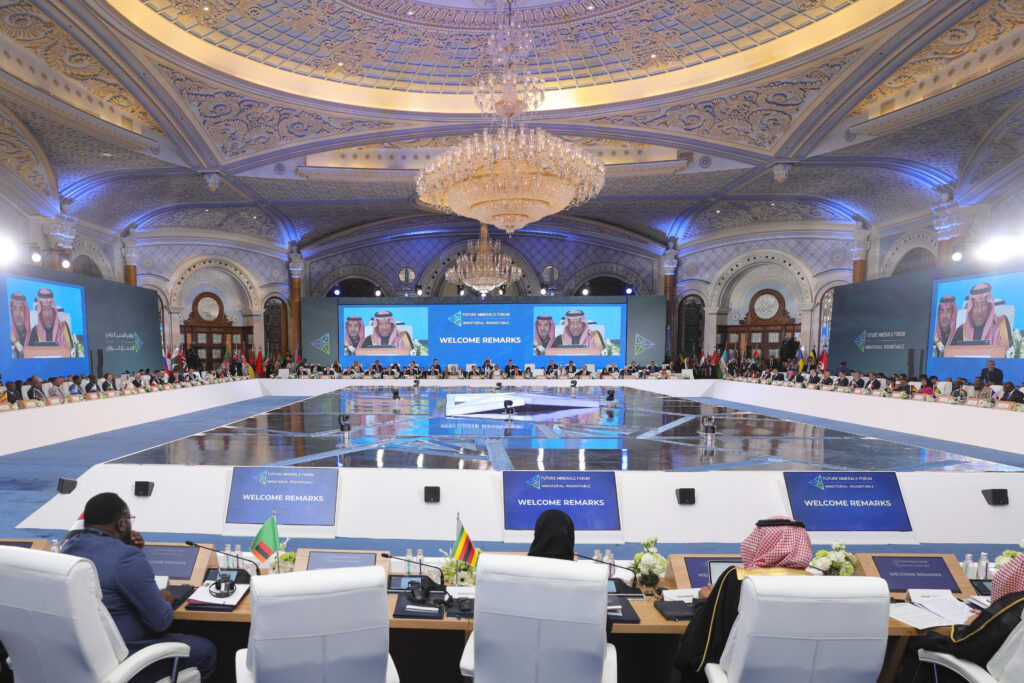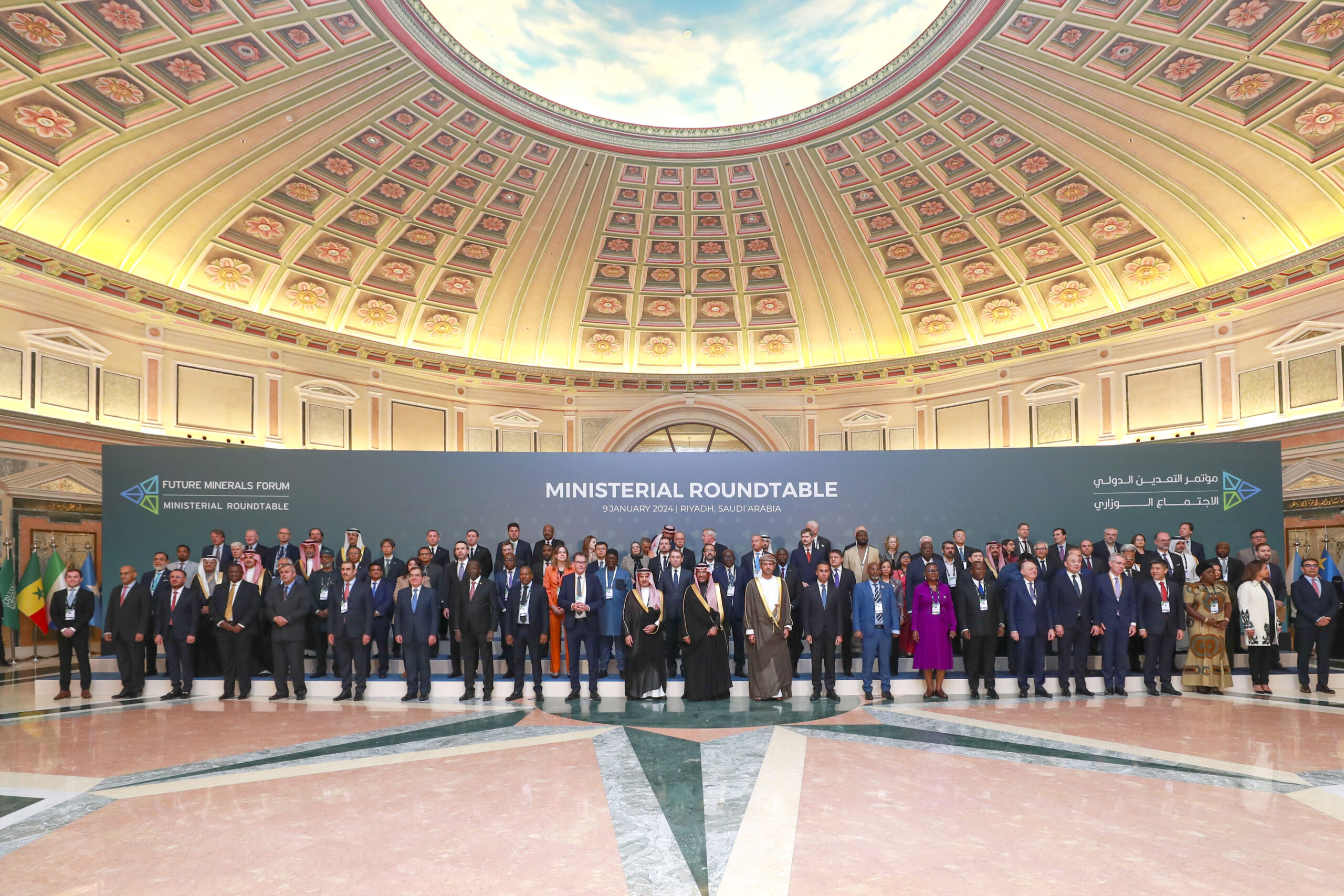The outcomes of COP29 in Baku painted a stark picture of the global energy transition and its role in driving development. While ambition remains high on paper, action lacks the momentum needed to meet the aspirations of developing countries.
As the world debated a $300 billion climate finance agreement, the reality is far more daunting—developing nations require over $1.3 trillion annually to achieve their decarbonization goals and economic development agendas.
This glaring gap is more than a financial issue; it reflects the waning models of donor-recipient dynamics and the lack of inclusivity in the global energy agenda.

A recent McKinsey research report highlights the disconnect between climate aspirations and actual implementation. The report shows how many nations and companies have set targets without outlining concrete plans to achieve them.
For instance, numerous green hydrogen projects have been announced, but few have progressed beyond the initial stages. This trend is not unique to hydrogen, it extends across various critical energy transition technologies. The challenge lies in translating ambitious goals into tangible actions, as delays and project cancellations pose substantial risks to the global climate agenda.
Loading...
Amid this uncertainty, Saudi Arabia is stepping up, charting a new path that doesn’t rely on pledges but prioritizes practical solutions to address the energy transition and meet the development demands of growing economies.
One such channel is the Saudi Fund for Development (SFD), which has been pivotal in financing critical infrastructure projects in Africa, ranging from education to energy. This includes transformative projects that have directly enhanced access to essential services and fostered economic development.
Meanwhile, the Public Investment Fund (PIF) has made substantial investments in Africa. Likewise, Saudi-based, ACWA Power is the world’s largest private water desalination company and a leader in green hydrogen. These investments encompass mining, energy and infrastructure, ensuring long-term benefits for local and growing economies.
“We understand that the energy transition is not a one-man show. Through Vision 2030 and platforms like the Future Minerals Forum, the premier global gathering for minerals, the Kingdom is reimagining how mineral-rich regions, long overlooked, can take center stage in the energy transition and harness their mineral-rich opportunities to grow their economies,” explains Khalid Al-Mudaifer, Vice-Minister for Mining Affairs, Saudi Arabia.
At the heart of this vision is the ‘Super Region’, which spans Africa, West Asia, and Central Asia. This region has a vast expanse of untapped mineral wealth. By fostering collaboration, de-risking investments, and building resilient supply chains, Saudi Arabia is proving that bold leadership can unlock shared prosperity.
The Kingdom is also leveraging its location, relationships, and, more importantly, investment power to bring the right stakeholders to Riyadh to discuss the future of the mineral industry at the Future Minerals Forum.
As an extension to conversations set to take place at the forum, the Ministerial Roundtable brings governments together with international organizations and industry representatives to identify and implement practical actions to create mineral value chains.
“The Super Region is an example of how partnerships and collaboration can scale investments in the entire value chain of critical minerals – from exploration to manufacturing – creating a foundation for shared prosperity and resilience,” Al-Mudaifer adds.
“The Future Minerals Forum initiative creates a framework for sustainable, inclusive growth. By aligning regional cooperation with local development goals, the Super Region ensures that investments in minerals and mining generate economic opportunities, build resilient supply chains, and accelerate the shift to clean energy.”
Strengthening supply chains and regional collaboration
The Kingdom’s mining and mineral strategy, which is aligned to the objectives of Vision 2030, is to strengthen supply chain resilience, ensuring that the Kingdom and its partners are well-positioned to meet global demand for critical minerals. By serving as a strategic commercial hub, Saudi Arabia facilitates the seamless movement of resources, technologies, and expertise across continents.
For that purpose, the Kingdom announced the National Minerals Program earlier this year, which aims to optimize mineral supply chains by encouraging local investment in global mineral assets to satisfy the Kingdom’s increased mineral demand. This demand is being driven by the massive ‘giga projects’, and its National Industrial Strategy, which aims to develop future industries in Saudi Arabia like automotive, defense, aviation and renewable energy.
In terms of the concrete steps Saudi Arabia is taking, Al-Mudaifer shares, “We are attracting $100 billion in mineral industries, by 2035, including lithium, copper, steel, and more. Coupled with a robust infrastructure of ports, railways, and industrial cities, Saudi Arabia offers unmatched opportunities for investors, providing access to over 3.5 billion consumers across the Super Region”.
To ensure a steady supply of critical minerals, the Kingdom has also created Manara Minerals, which has already made its first strategic investment. This proactive approach secures the resources needed to drive giga-projects while supporting global energy transition goals.
Moreover, the Future Minerals Forum’s Super Region encourages collaboration among governments, private sector players, and local communities, ensuring that mining projects not only extract value but also contribute to infrastructure, education, and capacity building in host countries.
A model for addressing the inequities exposed by COP29
The Super Region initiative aligns with Saudi Arabia’s overarching vision to create a sustainable, prosperous and globally connected future. By emphasizing economic diversification and regional cooperation, it offers a model for addressing the challenges exposed by COP29 and advancing the new energy ambitions at a global scale. It demonstrates how strategic investments can address the urgent development challenges of our time.
The initiative enables cooperation on maximizing the benefits from collective mineral endowments, by establishing minerals and metals value chains that have local communities at their heart, and ultimately increase the quality of lives around mining operations.
As Saudi Arabia prepares to host the fourth edition Future Minerals Forum and the Ministerial Roundtable in Riyadh, the Super Region will take center stage as a transformative initiative that redefines the role of mining in sustainable development. At the third edition, Ministerial Roundtable participants reinforced the message calling for increased financing to support supplier countries’ development of their minerals sectors, as well as downstream value addition.
In an era where the energy transition demands bold action and innovative financing, Saudi Arabia is showing the world what is possible.
Loading...
